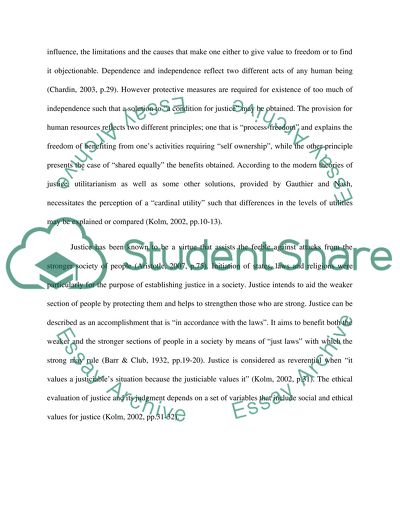Cite this document
(“Does John Stuart Mill succeed in reconciling the concept of justice Essay”, n.d.)
Retrieved de https://studentshare.org/history/1390762-does-john-stuart-mill-succeed-in-reconciling-the
Retrieved de https://studentshare.org/history/1390762-does-john-stuart-mill-succeed-in-reconciling-the
(Does John Stuart Mill Succeed in Reconciling the Concept of Justice Essay)
https://studentshare.org/history/1390762-does-john-stuart-mill-succeed-in-reconciling-the.
https://studentshare.org/history/1390762-does-john-stuart-mill-succeed-in-reconciling-the.
“Does John Stuart Mill Succeed in Reconciling the Concept of Justice Essay”, n.d. https://studentshare.org/history/1390762-does-john-stuart-mill-succeed-in-reconciling-the.


